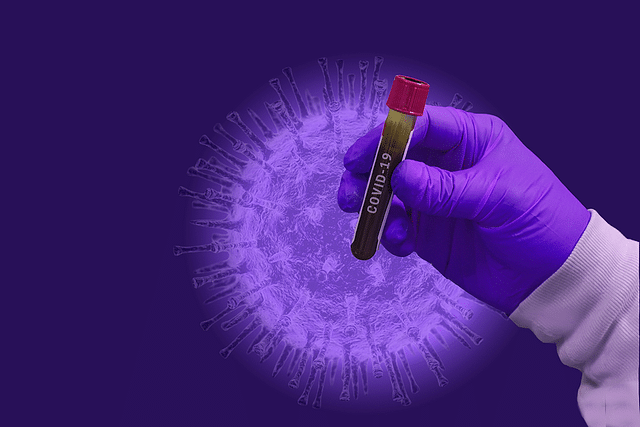
India Cancels Order Of ‘Faulty’ Rapid Test Kits From China After ICMR Asks States To Not Use Them
India has cancelled the order for about 5 lakh rapid testing kits that it had placed with China as the kits turn out to be faulty when put to use by various state authorities, BBC reported.
However, responding to the allegations and cancellation, China said it was irresponsible to label their products as “faulty”.
“We are deeply concerned with the evaluation results and the decision made by Indian Council of Medical Research. China attaches great importance to the quality of exported medical products. Recently, Chinese Embassy in India has maintained close contact with ICMR and the two Chinese companies to find out the real situation,” Chinese embassy spokesperson Ji Rong said in a statement issued on Tuesday (28 April).
“The quality of medical products exported from China is prioritised. It is unfair and irresponsible for certain individuals to label Chinese products as 'faulty' and look at issues with pre-emptive prejudice,” he added.
Earlier on Monday, the Indian Council of Medical Research (ICMR) directed states to stop using rapid antibody test kits procured from China-based Guangzhou Wondfo Biotech and Zhuhai Livzon Diagnostics after their results showed wide variations.
The statement came several states raised concerns over performance of tests during the exercise that they undertook.
Following the complaints, ICMR said it evaluated the kits of the two firms in field conditions. "The results showed wide variation in their sensitivity, despite early promise of good performance for surveillance purposes," it said in a statement.
"In view of this, states are advised to stop using these kits procured from the above-mentioned companies and return them to be sent back to the suppliers."
ICMR had provided rapid antibody test kits to states with clear instructions that they are to be used only for surveillance purposes.
However, on the cancellation of the orders, officials said that the government will "not lose a single rupee" as India had not paid any amount in advance and cancelled the entire shipment, according to the BBC report.